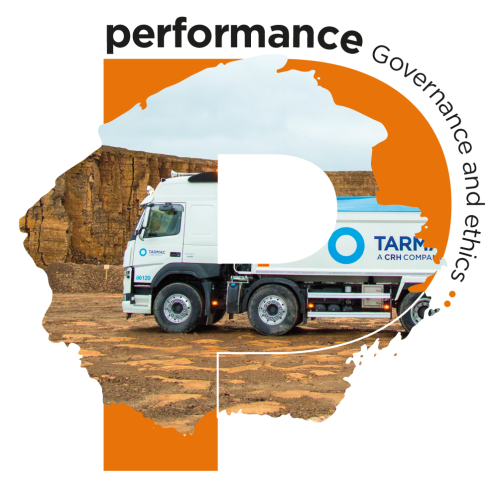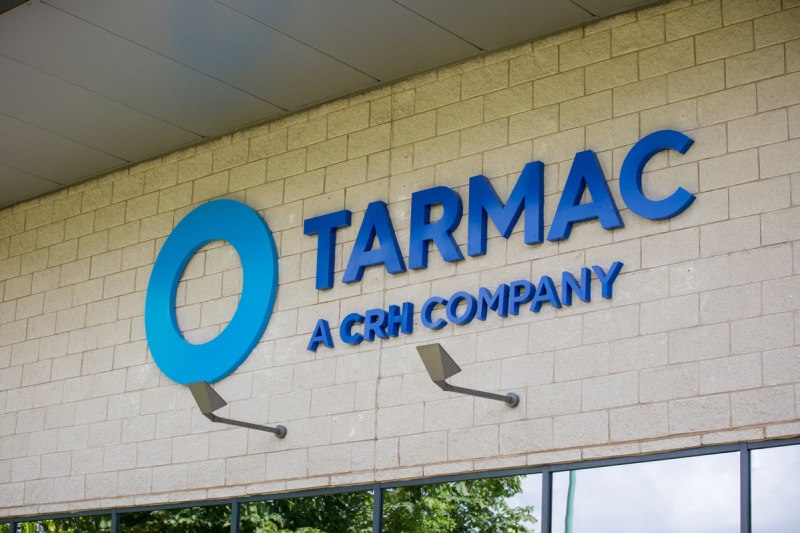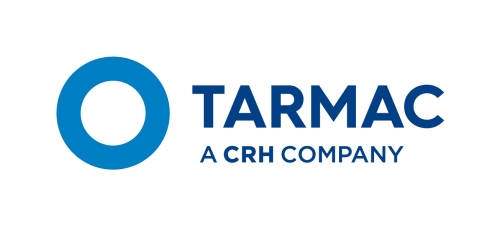governance and ethics
“We’re fully committed to delivering ethical best practice across our business. Achieving BES 6002 the ethical labour sourcing standard is a testament to our ongoing work in this area and ensures that we are continuing to meet our customers’ expectations for responsibly sourced construction materials.”
Dr Martyn Kenny, sustainability director, Tarmac

highlights
We believe ‘there is never a good business reason to do the wrong thing’. Our Code of Business Conduct (CoBC) guides our approach to issues such as human rights, equality, giving and receiving gifts and hospitality, the use of social media and data protection. It defines the high standards we expect from our employees and others working on our behalf, and that includes our suppliers and subcontractors.
We also provide a confidential ‘Speak Up’ service that allows staff, contractors, hauliers and suppliers to anonymously seek advice and report concerns about potential violations of our code or corporate ethics. Read our business code of conduct
Tarmac is a responsible and ethical business and as part of our established Procurement and Human Resources processes we are committed to respecting human and labour rights and take all reasonable steps to ensure that modern slavery (in any form) does not take place in our business and wider sphere of influence such as in our supply chain.
In 2018, Tarmac was recognised by the Building Research Establishment (BRE) for its commitment to ethical sourcing practices with verification to BES 6002, The Ethical Labour Sourcing Standard. The Standard was created in response to the 2015 Modern Slavery Act and seeks to recognise organisations who apply due diligence around human rights and ethical concerns when sourcing materials, products and services, the scheme provides third-party assurance of company practices and establishing a ‘maturity pathway’ to make continuous improvements.
We have continued to raise awareness of this important issue across our business and with our supply chain. We have used our intranet and monthly line manager briefing pack to explain Modern Slavery and how to identify it. A number of workshops, discussions, and training sessions were held with our senior management teams, supply chain partners and other in the construction sector to explain and reinforce these principles.
In addition we’ve joined forces with other leading UK business to show our support for the Gangmasters and Labour Abuse Authority (GLAA) by signing up to its Construction Protocol and being an active participant in the efforts to eradicate slavery and labour exploitation in the UK construction sector.
Our sustainability strategy forms an integral part of the Tarmac Plan and the long-term success of our business. We have processes in place to govern implementation of the strategy and to report on progress.
Our Executive Committee is responsible for the setting and delivery of our sustainability strategy, with actions and programmes delegated to business units and functions who receive support as needed from our central sustainability team.
The Executive Committee reviews progress against our sustainability commitments on a quarterly basis. We undertake a formal annual review of our strategy, working with our External Sustainability Panel, to ensure it continues to be relevant, appropriate and sufficiently ambitious. We held two meetings with our External Sustainability Panel met twice in 2018, discussing issues such as inclusion and diversity, sustainable land development, future of transport, innovation, sustainable construction.
